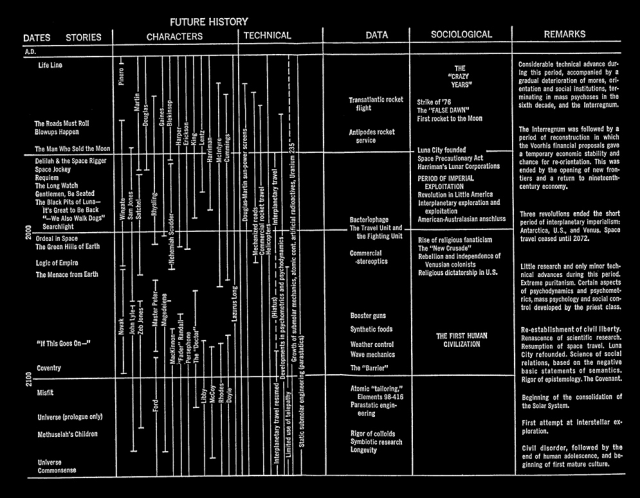I linked to an entertaining rant by Ace last week that talked about the “nummification” of modern life. At risk of being identified with the “get off my lawn you [26-year-old] kids” bracket, here’s another tale of western society’s almost complete flight from adulthood by Christopher Taylor:
But the culture has become a bit too childish and cutesy for me. If you look around you can see what’s happening easily enough. Adam Carolla recently went on a rant about Starbucks “coffee” and how childish its all become. I won’t link it here because it gets pretty foul and sexualized, but the basic gist is this: you didn’t have a coffee before work, you had a shake. That Caramel Moccachino with whipped cream and sprinkles on top wasn’t a coffee, it was candy in a cup.
You can extend this further. I saw an ad recently on TV for adult vitamins, clearly targeted at men. The selling point? They’re gummy vitamins. Multi-Vites! They’re chewable and sweet! Take a few of those in the morning before your coffee shake. And for lunch? A “power bar” which is a candy bar with vitamins in it.This isn’t adult behavior, its Halloween all day long. Remember when you were 11 and mom wouldn’t let you gorge yourself out of the plastic pumpkin bucket you filled on Halloween night? And you kicked the side of the bed vowing that when you grew up you’d eat all the candy you wanted?
You’re supposed to grow out of that stage.
[…]
I’ve written about the annoyance of frat boy culture here many times, where men are perpetually the party boy they imagined themselves being in college. Never grow up, never get serious, always avoid responsibility. Your hair getting gray? Return it to your “natural” color with dye! Hey, idiot, gray is your natural color. Put away the Viagra, you’re old. Deal with it.
Except that’s not even the problem any more. We’re being told that adolescence now extends to age 25 by sociologists. Yes, I know sociology is about as much science as astrology, but this isn’t a suggestion, its a diagnosis.
Taylor also links to this BBC News Magazine article from last week, which advances the notion that expecting young people to become adults at 18 or even 25 is no longer realistic:
Frank Furedi, professor of sociology at the University of Kent, says we have infantilised young people and this has led to a growing number of young men and women in their late 20s still living at home.
“Often it’s claimed it’s for economic reasons, but actually it’s not really for that,” says Furedi. “There is a loss of the aspiration for independence and striking out on your own. When I went to university it would have been a social death to have been seen with your parents, whereas now it’s the norm.
“So you have this kind of cultural shift which basically means that adolescence extends into your late twenties and that can hamper you in all kinds of ways, and I think what psychology does is it inadvertently reinforces that kind of passivity and powerlessness and immaturity and normalises that.”
Furedi says that this infantilised culture has intensified a sense of “passive dependence” which can lead to difficulties in conducting mature adult relationships. There’s evidence of this culture even in our viewing preferences.
“There’s an increasing number of adults who are watching children’s movies in the cinema,” says Furedi. “If you look at children’s TV channels in America, 25% of the viewers are adults rather than children.”
He does not agree that the modern world is far more difficult for young people to navigate.
“I think that what it is, is not that the world has become crueller, it’s just that we hold our children back from a very early age. When they’re 11, 12, 13 we don’t let them out on their own. When they’re 14, 15, we hover all over them and insulate them from real-life experience. We treat university students the way we used to treat school pupils, so I think it’s that type of cumulative effect of infantilisation which is responsible for this.”




